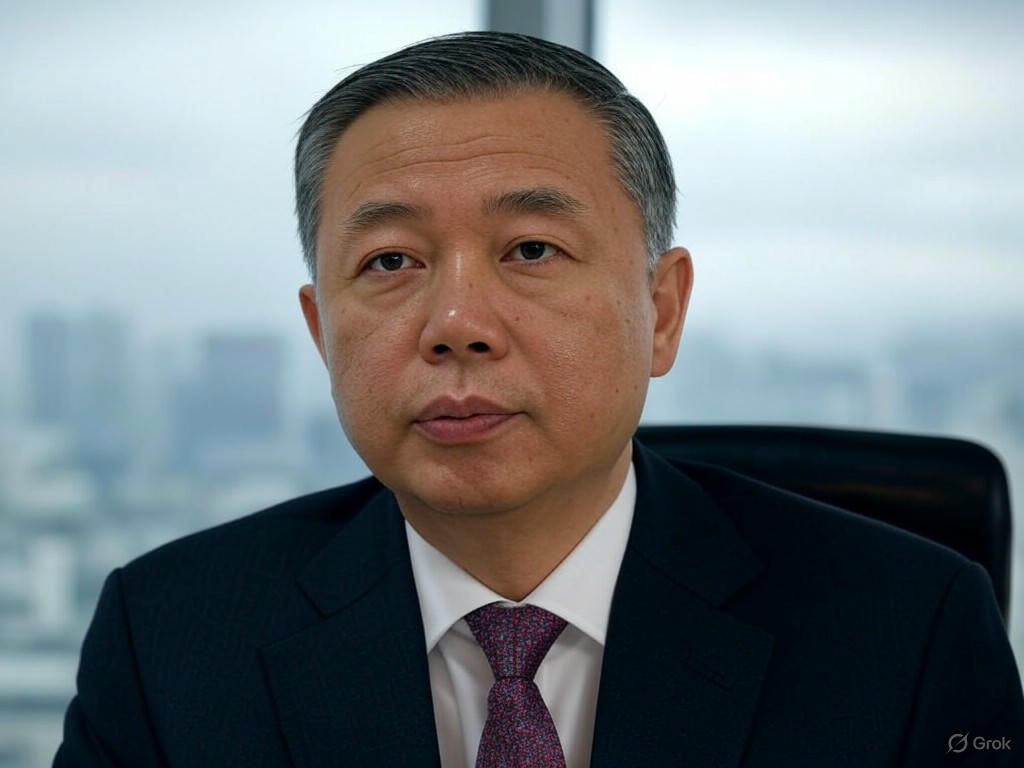China’s Rare Earth Export Rules Spark Global Business Concerns
In a move that has sent ripples through the global business community, China has introduced stringent new regulations for the export of rare earth minerals, critical components in everything from smartphones to electric vehicles. The updated licensing requirements mandate that companies disclose highly sensitive data about their operations, supply chains, and technological processes. This development, emerging in mid-2025, has ignited fears among international firms about the potential misuse of proprietary information and the broader implications for intellectual property security.
Rare earth elements are indispensable to modern technology, and China dominates the market, controlling a significant share of global supply. These minerals are vital for manufacturing high-tech products, renewable energy solutions, and defense systems. However, the new export rules require businesses to submit detailed documentation, including technical specifications and internal operational data, to secure approval for shipments. Industry leaders argue that such demands could expose trade secrets, giving Chinese competitors an unfair advantage or even leading to outright intellectual property theft. Several multinational corporations have voiced concerns, stating that compliance with these rules might compromise their competitive edge in an already cutthroat market.
The timing of these regulations adds another layer of complexity. As geopolitical tensions continue to simmer between China and Western nations, many see this as a strategic move to tighten control over a critical resource. Some analysts suggest that Beijing is leveraging its dominance in rare earth production to exert influence over global trade dynamics. This comes at a time when countries like the United States and members of the European Union are actively seeking to reduce dependency on Chinese supplies by investing in alternative mining projects and recycling initiatives. However, these efforts are years away from yielding significant results, leaving many companies with little choice but to navigate China’s stringent export framework for the foreseeable future.
Beyond the immediate concerns of data security, there are broader economic implications to consider. The added bureaucratic hurdles could disrupt supply chains, delay production schedules, and increase costs for manufacturers worldwide. Small and medium-sized enterprises, which often lack the resources to handle complex compliance processes, may be hit hardest. Meanwhile, some industry observers speculate that these regulations could accelerate efforts to diversify rare earth sourcing, potentially reshaping the global market in the long term. Yet, for now, businesses remain in a precarious position, weighing the risks of compliance against the urgent need for these essential materials.
As the world watches China’s next steps, the rare earth export saga underscores the delicate balance between resource access and national security. Companies are calling for international dialogue to address these concerns, urging governments to collaborate on safeguarding intellectual property while ensuring a stable supply of critical minerals. Without swift resolution, this issue could become a flashpoint in the ongoing struggle for technological and economic supremacy, leaving businesses caught in the crossfire of larger geopolitical games.


